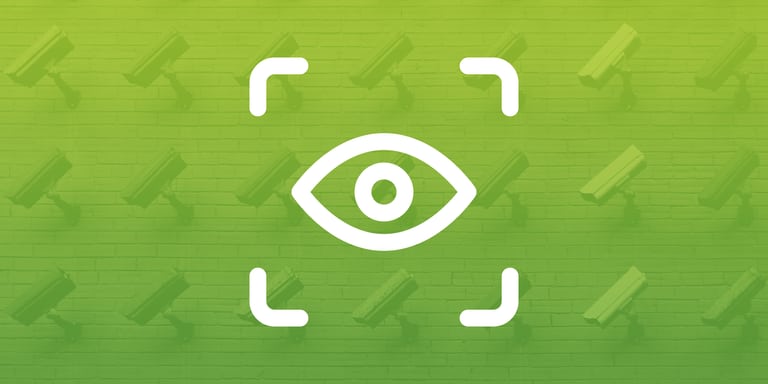Privacy is a trending topic for a few years now. The implementation of the General Data Protection Regulation on May 25, last year, has caused quite a turmoil in the business world.
As a Privacy Advocate at Liip, here are 5 reasons why I think it's important to talk about that...
Privacy is a human right
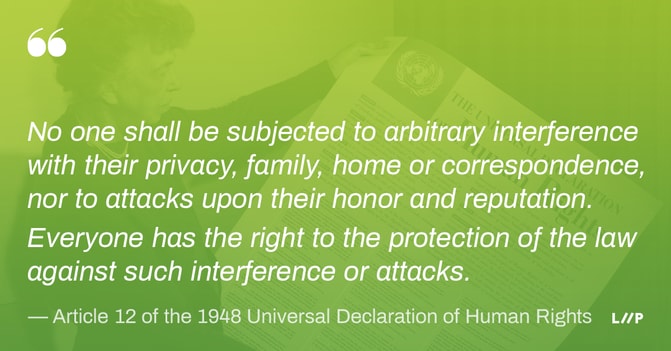
Yes, privacy is at the core of our Universal Declaration of Human Rights.
And even two centuries ago in the USA, the First, Third, Fourth and Fifth Amendments of the Constitution were written to protect their citizen's privacy.
"I have nothing to hide"
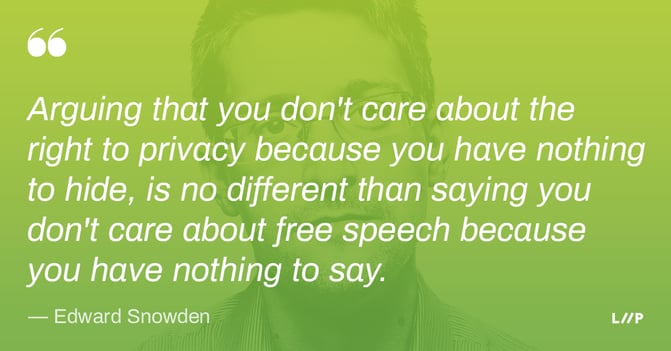
This famous quote from Edward Snowden is a reaction we often hear when talking about privacy, and why it's important to protect it. Privacy is not about hiding stuff. It's about knowingly choosing what you want to share and with whom.
And just because you think you have "nothing to hide", it doesn't mean that everyone else does. Minorities or people at risk (because of their religion, their gender, their sexual orientation or their political convictions) can be in great danger if their privacy is not protected.
Surveillance Capitalism
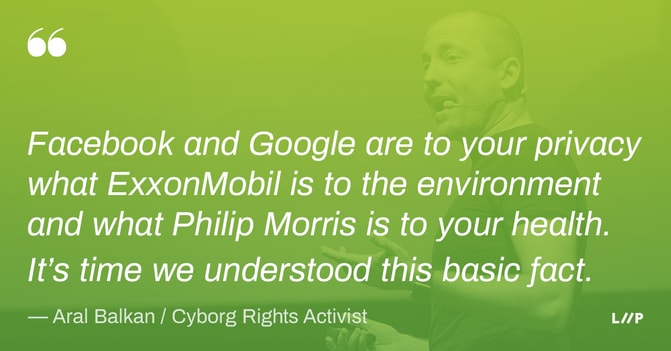
The "Big Tech" companies (most often from the Silicon Valley) are one of the biggest threats to people's privacy, because of their business model. They track, collect, use and share the personal data of billions of people around the world. Shoshana Zuboff coined the expression "Surveillance Capitalism" to describe that.
However, even though a few major cases have splashed all over Facebook or Google in recent years, they're still seen as cool companies, especially in our tech world. It's common to see them sponsoring dozens of tech conference about the protection of privacy (sic) or democracy...
Indeed, it's hard to completly get rid of them and their services (even for us), but Aral's comparison here is really accurate. We would think it's completly outrageous to see Philip Morris sponsoring a conference about public health, therefore why are we so tolerant with the Big Tech?
Accessible to everyone
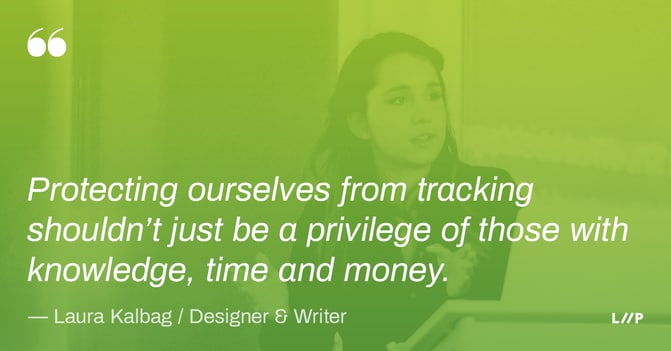
Protecting your privacy should be easy. But it's not always the case.
Most of the tools we have at our disposal are complicated. These apps, ad/tracker-blockers or services require some technical knowledge and time to configure and to tinker with.
It should not be that way, like Laura summarize it so well.
As designers and developers, it's our duty to build solutions that are accessible and easily usable.
Privacy by Design
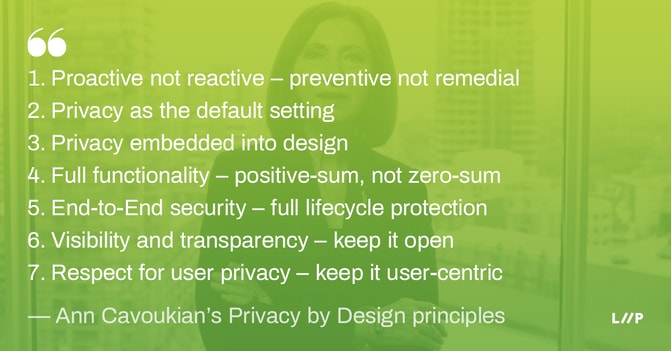
That's why everyone working on digital products and services should use these Privacy by Design principles.
Let's be honest, I agree that it's not always easy to do so. Sometimes it could go against some business needs or technical difficulties, but it's a great framework to guide our design work.
↳ Let's build more ethical products together!
Comments? Questions?
Don't hesitate to leave your thoughts in the comment section below or to ping Liip or me to tell us what you think about all that.

